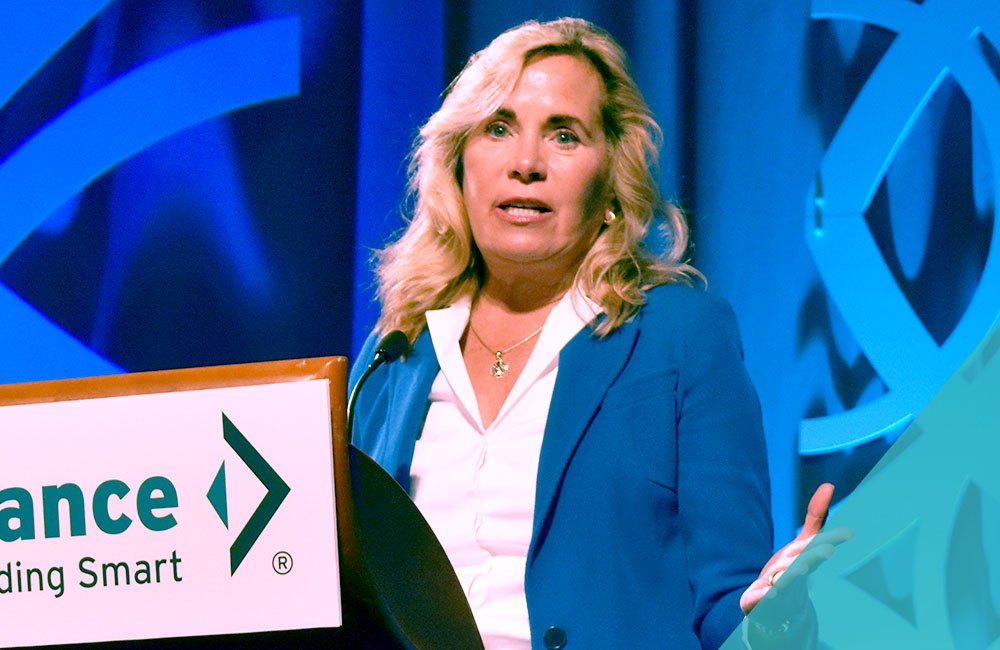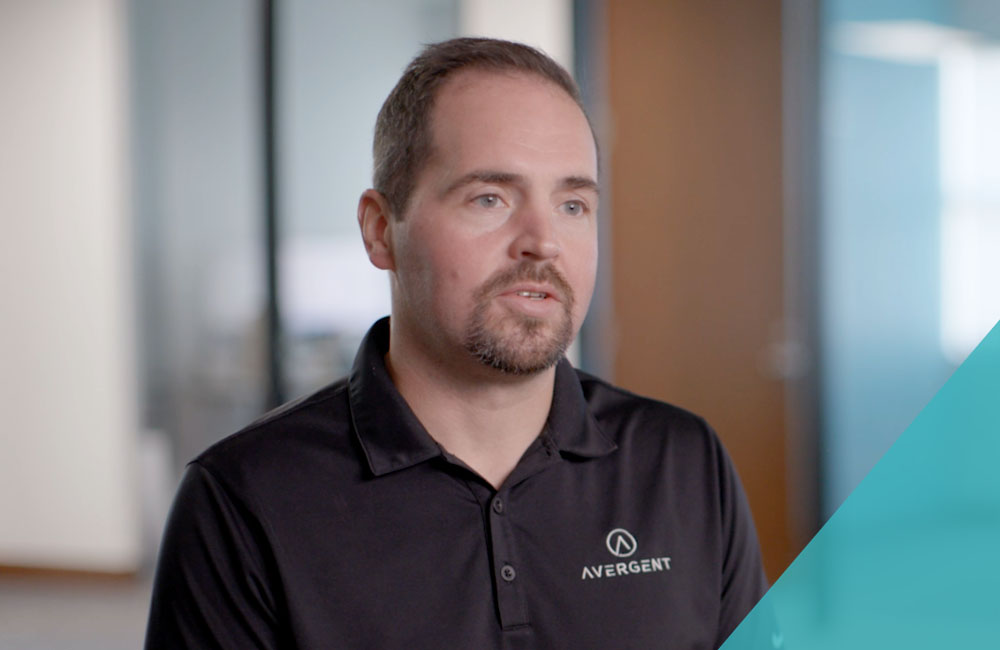
Home Health vs. Palliative Care vs. Hospice, and Who Needs Them
Do you have an aging or ill parent, grandparent, loved one or friend? Many people are not aware of the health care resources available in the home (wherever home may be). I meet with potential patients and their family members/friends, often in their home, to explain their care options.
For example, I recently spoke with a gentleman with a significant illness whose main goal is to stay home. He decided to utilize our skilled home health services and home medical equipment. Over time, he transitioned into our palliative care program and currently is in our hospice program. Below is information on what these services are and who may benefit from them.
According to Medicare, home health care is a wide range of health care services that can be given in your home for an illness or injury, and is usually less expensive, more convenient than, and just as effective as, care you get in a hospital or skilled nursing facility (SNF).
What’s the Difference?
While all of these services may be provided in the home, here is how they differ:
- Home health services help you get better from an illness or injury, regain your independence, and become as self-sufficient as possible.
- Palliative care is a form of home health care in which patients face chronic or quality of life-limiting illnesses, and focuses on the relief of symptoms, pain and stress. Patients may receive curative treatments.
- Hospice is for patients with a limited life expectancy, who are no longer receiving curative treatments for any terminal illness.
Who Would Benefit from In-Home Services?
Anyone with one or more of the following would benefit from in-home services:
- An acute and/or chronic health condition(s)
- A new diagnosis
- Concerns regarding medications
- Functional and/or cognitive decline
- Frequent hospitalizations and ER visits
- Pain and symptom control issues
- Frequent falls or fear of falling
- Home safety issues
- Mobility or endurance concerns
- Terminal care
How Do You Qualify?
Home health, palliative and hospice care require a doctor’s order. If your doctor doesn’t bring up these services, ask him/her about them. Home health and palliative care require the patient to meet home bound status:
- The patient must have a condition due to an illness or injury that restricts their ability to leave their place of residence except with the aid of: supportive devices such as crutches, canes, wheelchairs, and walkers; the use of special transportation; or the assistance of another person; or if leaving home is medically inadvisable.
- In addition, the patient may qualify for home bound status if they: leave home only to receive medical treatment that generally cannot be provided in the home OR leaves the home infrequently; leaves for short periods for non-medical purposes, or to attend a religious service or unique event such as a funeral or graduation.
What if I Just Need Help Around the House?
In-home health services provide skilled care (nursing, therapies, etc.). If your need is more custodial, companion care may be sufficient. Companion care provides help with day-to-day tasks, such as bathing, cooking, laundry or driving.
I need help understanding what services may be appropriate for me or my loved one?
Home Care agencies have social workers available to meet with you and/or your care givers. During this meeting they will review your specific circumstances and make recommendations on appropriate services you may benefit from and help coordinate needed care with your medical team and community resources. You may also want to visit the consumer section of the National Association for Home Care & Hospice website.
Have you or a loved one used home health services? Share your experience in the comments. In addition, since home health care can sometimes be used after surgeries, you may want to review the tips on our Planning Ahead for Surgery page.








